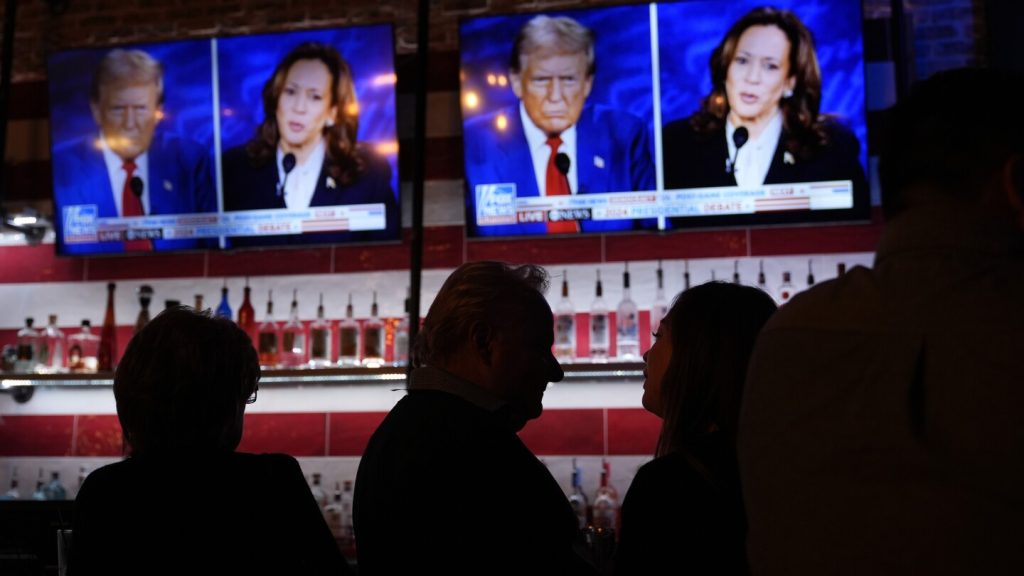The Commodities and Futures Trading Commission is trying to prevent New York startup company Kalshi from resuming offering bets on the outcome of U.S. elections, specifically the fall’s congressional elections. The commission believes that allowing people to bet on election outcomes poses a significant risk of manipulation in the betting markets, which could further damage the already fragile confidence that voters have in the integrity of election results. Despite a federal judge initially allowing Kalshi to offer these bets, a federal appeals court has put a hold on the bets pending a hearing on the issue.
The commission argues that misinformation and collusion are likely to occur in an attempt to influence the betting markets for election outcomes, potentially harming the integrity of elections. They also cited instances of manipulation on similar unregulated platforms in the past, such as a fake poll claiming singer Kid Rock was leading Michigan Senator Debbie Stabenow, which affected the price of re-election contracts for the senator. The commission warned that such manipulation of betting markets has happened before and is likely to happen again, posing a serious threat to the perceived integrity of election results.
Kalshi sought regulatory approval for its election bets, wanting the oversight of government approval rather than operating on unregulated platforms like other election prediction markets. The commission argues that allowing election gambling on futures markets could harm the public interest and has determined it to be a grave threat to election integrity. They refuted the argument that other unregulated platforms offering election gambling justify the proliferation of such activity, likening it to allowing a pharmacy to dispense cocaine just because it is sold on the black market.
Before the window for betting on election outcomes closed, the market suggested that bettors believed the GOP would regain control of the Senate and the Democrats would win back the House. Bets on Republican Senate control were priced to pay $129 for a $100 bet, while bets on Democratic House control would pay $154 for a $100 bet. The uncertainty surrounding the legality and regulation of betting on election outcomes remains unresolved, as the appellate court considers the issue further at a hearing on Thursday. The future of predictive futures contracts on election outcomes in the U.S. hangs in the balance as the debate over their potential impact on election integrity continues.














